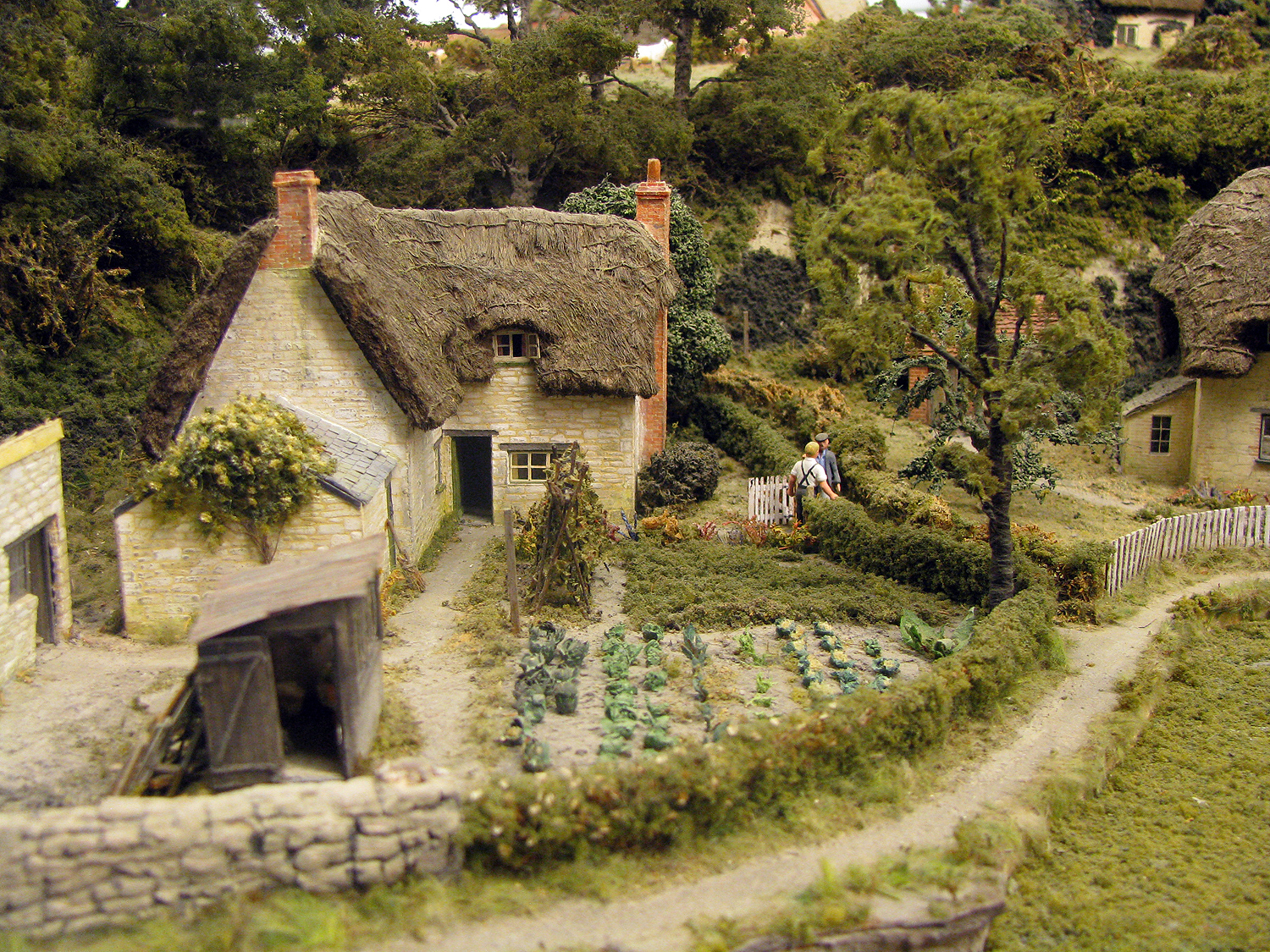
Heft is a shepherd’s term: a herd of sheep learns their heft, their territory, the boundaries within which they are to spend their lives, and pass that knowledge down from ewes to rams. In his Everytown, Julian Baggini found that it was the same for humans. We too have our place and our people. The only difference is that for some of us, we have to find where that is and who they are, and we have to try to get there and get amongst them.
A year in the south of Rotherham, a place reckoned statistically to be the most average in Britain, taught Baggini that his heft was the middle class bohemia of a university town, a bookshop and cafe quarter, and, these days, I can’t say I feel much different about things myself. But I spent my formative years in streets of working class terraced houses and my teens happened in 1960s suburbia and roads half council, half private. One is not the same as the other, but the sense that heft was elsewhere started well before I left home for work and then university.
You can never quite trace these personal things all the way back, of course. I learned to read on Peter and Jane and then the Reverend Awdrey’s Railway Series, and it would have taken a more insensitive child than myself to notice that the world in the books was warmer and more orderly than the one I actually inhabited. But at some point in the late 1970s, something more dramatic for me happened: I was taken to the Pendon Museum in Oxfordshire.
Pendon Museum is an attempt to capture in model form the inter-war rural landscape of the Vale of White Horse in England and the Great Western Railway that ran through it. It’s famous for the astonishing quality, realism and size of its displays – the image above is just one tiny sample of something that extends over two floors – and it represents more than a lifetime’s work from a dedicated and talented team.
It would be hard for me to overstate the effect that Pendon had on me at the age of seven or eight. Coming from the 1970s, as I did, there was no imaginable way that I could have been prepared for it – the gap between it and my motor car, pop, tarmac and television world was too great. I suppose the simple fact that I didn’t laugh at all that quaint old-fashionedness was the first sign that my undergraduate degree would be in history.
But it wasn’t that I didn’t laugh. It wasn’t that I was seized by it, although I was. I was bought a set of cigarette-card sized images of Pendon in the museum shop afterwards, and these I treasured until I left home. It wasn’t that the world Pendon recreated looked warm, safe, and worth living in, although it did and more.
It was that I recognized it: I recognized my own country. Later, I’d read stories about a man who had visited the ruins of Petra and found he already knew his way around: under regression hypnosis, he “remembered” a past life in the ancient city when it was at its height. Perhaps he had felt the same, had he really existed. Perhaps he had known the shock of realizing that there is somewhere you belong to more than where you have come from, of intuiting that you are going to spend much of your life and energy in the search for it.
Later, of course, you see that search for what it is: you’d been told it was nostalgia, but you were lied to, and not only about that. For sure, Britain coped with the arrival of the motor car and television a great deal less well than it coped with the railways, the telephone and flight. But it wasn’t that, in the end, and it turns out that the Vale of White Horse was within you all along.
But I knew it when I saw it. Here’s another visitor’s response, with some lovely shots of the displays. It’s still there, and well worth half a day of your time if you’re ever near Abingdon and at a loose end.

I’m always impressed by anyone remembering when they learnt to read. I can remember very little from that age (whatever age it may be, for me). I do remember the tank engine books, though.
Now then, I’m not clear why you first fell in love with this representation of a rural paradise, while now loving “a university town, a bookshop and cafe quarter”. What happened?